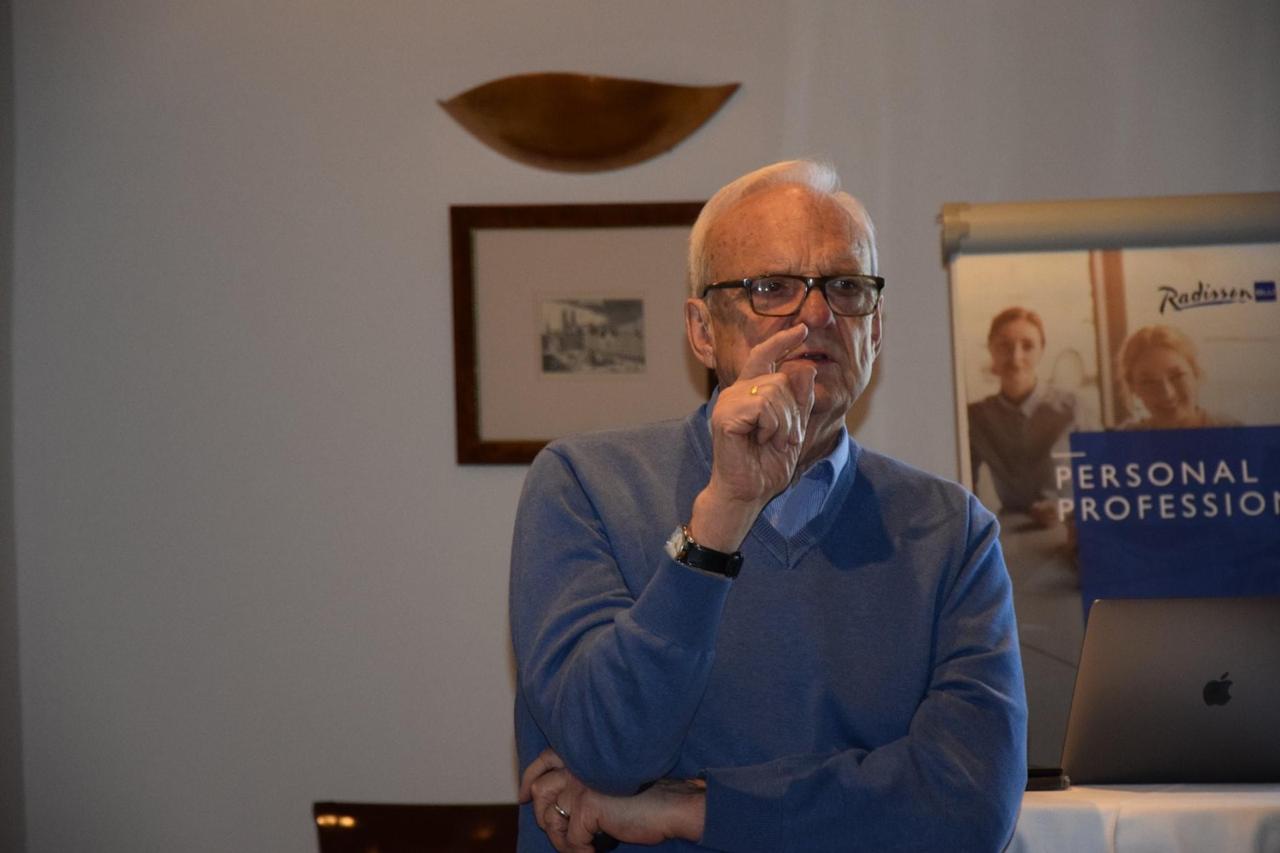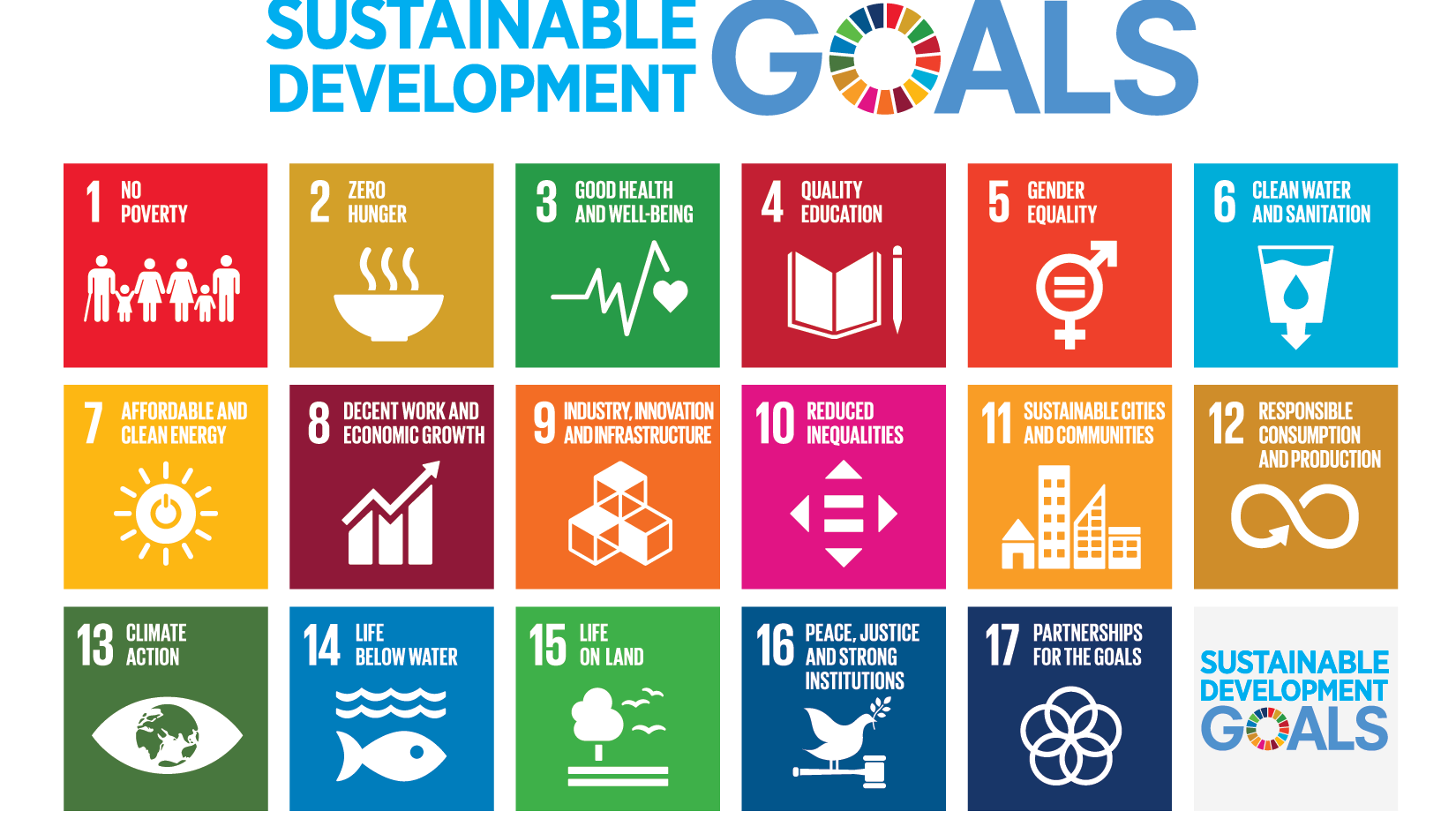
Within the framework of the 11th Central Asian Leadership Programme (CALP) we had an opportunity to interview CAREC partner and our friend, speaker of the 11th CALP Dr. Charles A. Hopkins, UNESCO Chair in Reorienting Education towards Sustainability, York University (Toronto, Canada).
Professor Hopkins coordinates two research networks focused on Education for Sustainable Development (ESD). One network is comprised of teacher education institutions and span 70 countries reorienting teacher education towards the UN Sustainable Developments Goals (SDGs) and the Global Education 2030 Agenda. The second network, covering 40 countries focuses on embedding ESD to improve the education of Indigenous youth. Furthermore, he consults for different types of institutions worldwide including governments, universities and school systems.
In an interview, Professor Hopkins shared his knowledge and experience with us for the next generation of young leaders as agents for sustainable development.
1) When was the first time you participated/attended CALP?
I am, actually, not sure, when I attended CALP for the first time as its speaker, but I vividly remember my visit to the CALP in 2016. I entered the country assuming that Canadians would not need a visa anymore and realized that this new rule at the time only applied to Europeans. But the border guards treated me with the utmost respect and allowed me to wait in a hotel room where I could rest. I will forever remember watching soccer with one of the border guards communicating through a google translator on my phone. The visa issue was solved in the meantime and I was able to attend the 7th CALP as its speaker.
2) The 11th CALP 2020 is organized as an input to the “Year of Volunteers in Kazakhstan”. What's so important about environmental volunteering? Have you ever been a volunteer?
Volunteering has been and remains a large part of my life. I deeply appreciate volunteerism and congratulate all that are willing to contribute to a collective well-being. Personally, I feel volunteerism should be furthered as a part of our societies, but it should not entirely replace paid work. Volunteers can help positioning new initiatives and bring new topics forward, but we all have to be conscious about when we need to support creating systemic structures and paid positions. Volunteering can be rewarding in many ways. It is a great way for people of all ages but especially for young people to build professional experience and networks. I still feel that it is a core benefit for personal development.
3) How has the pandemic affected / is affecting the achievement of the Sustainable Development Goals?
I believe the pandemic is currently greatly affecting all of our global action plans and will have an impact on the SDGs. As everything has been interrupted, this is also a chance to step up and build our world back in a better way to make real progress towards the SDGs.
What I feel is important now is understanding the connectedness of the world. Climate change with floods, storms and wildfires, consequent mass migration waves of climate or war refugees, tremendous inequalities in the world – all these phenomena are connected to one other. So is the current pandemic another significant consequence of unsustainable human behavior on this planet. If we understand the interconnectedness, we will see the necessity for holistic ways of changing our values and lifestyles towards more sustainable behaviors. While the pandemic has and will continue to greatly threaten the flow of resources to sustainability initiativesit has also been such a disruption to “business as usual” that the public is open to change and is actually open to new ideas.

4) How essential is it to organize events like the Central Asian Leadership Program?
In the recent months, we have been working in several research initiatives. One is on embedding sustainability in higher education institutions using the whole-institution approach. The other is developing potential scenario-planning instruments for managing school systems through this pandemic. In both initiatives, the importance of leadership emerges as central to successful implementation.
Leadership is at the core of management in all institutions, leadership is about connecting and synergy. As a leader you connect with the people you are working with to achieve the goals of the institution,you connect the people with one other in synergistic teams and professional networks. You connect the institution with its context and partners in your environment. Leaders connect the context with the future based on its history and the present. The success of leadership depends on the quality of these connections. Leadership embraces the widest possible angle of moving an institution towards a higher probability of success.
Programmes like the Central Asian Leadership Program are crucial to create such leadership in groups of people that are willing to step up and make a difference. It also creates a team that will remain connected throughout individual career paths and help building networks in Central Asia and beyond that will enhance sustainability.
5) What is your personal contribution in saving our planet?
Everyone can make a difference – whether it is a tiny change in your daily life or dedicating your career to sustainability. Each of us should do whatever we can with the opportunities and resources we can access. I have been engaged in the fields of environmental education and sustainability since its very beginnings. I am still hoping to contribute today and, in the future, being part of a movement towards a better world for all. Being one of the oldest in today´s internationalsustainability networks, I am feeling as the keeper of the stories and am often asked to share the story of sustainability in the international education community. I have been fortunate to meet many interesting individuals over the years.
I encourage everyone to critically look at sustainability as a concept that the world developed more than 35 years ago and question whether we can now think beyond sustainable development and envision an even better accepted paradigm.
6) What outcomes do you expect from the Leadership Program 2020?
This year´s leadership program will create another team of future leaders for the environmental and sustainability movements. I hope that participants will feel motivated to go forward in working for a better vision of the world aligned with the 2030 Agenda.
I expect the participants understanding of the interconnectedness and complexity of sustainability will be enhanced. While the environment is the focus of this program; also economic and social aspects of sustainability will be taken into account within the Leadership Program.
7) What would you like to wish or recommend our young leaders - CALP participants this year?
First of all, I wish them and their loved ones to remain healthy during this pandemic. I would like to congratulate them and hope they can keep this moment in their heart for the long run. I know from my own experience how – when I felt discouraged – I thought back of positive and engaging conferences and meetings and remembered why I started working in sustainability in the first place. In 2015, the global community agreed upon wanting to achieve a sustainable future and even if this does not yet reflect in our everyday lives, this is the big goal that connects all of our efforts throughout regions and countries until 2030 and beyond.
